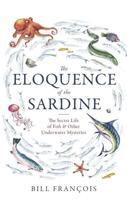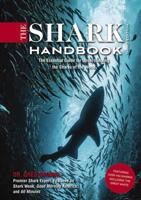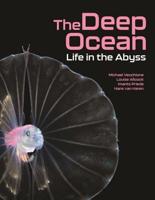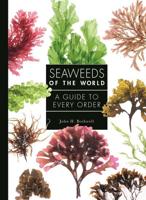Publisher's Synopsis
That part of the Indian Ocean bordering Saudi Arabia is a rich mosaic of coastal and marine ecosystems, both natural and man-made. Among these are coral reefs, mangroves, tidal flats, seagrasses, and other hard and soft substrata. Some ecosystems are relatively simple, while others such as the coral reefs are highly complex and among the most diverse in the Indian Ocean. The region divides into several large, semi-enclosed water bodies whose different physical characteristics result in distinct habitats. The overall aridity, extremes of water temperature, and often very high salinities have produced some of the most extreme marine climates on Earth.
This book summarizes the available information on the region, then reviews the processes shaping the various marine and coastal systems. It relates patterns in marine assemblages to the strong environmental gradients and biogeographic barriers in the region. Finally, the book considers the human dimension. Some of the world's poorest and richest nations border these seas, making diverse claims on fisheries and other natural resources. The 1991 Gulf War is only the most recent of a range of impacts affecting the region. Approaches for resolving the increasing resource use conflicts are described.
This volume will be of immense value to research workers, students of marine biology, and environmental managers in general, as well as to those with a particular interest in this part of the world.


